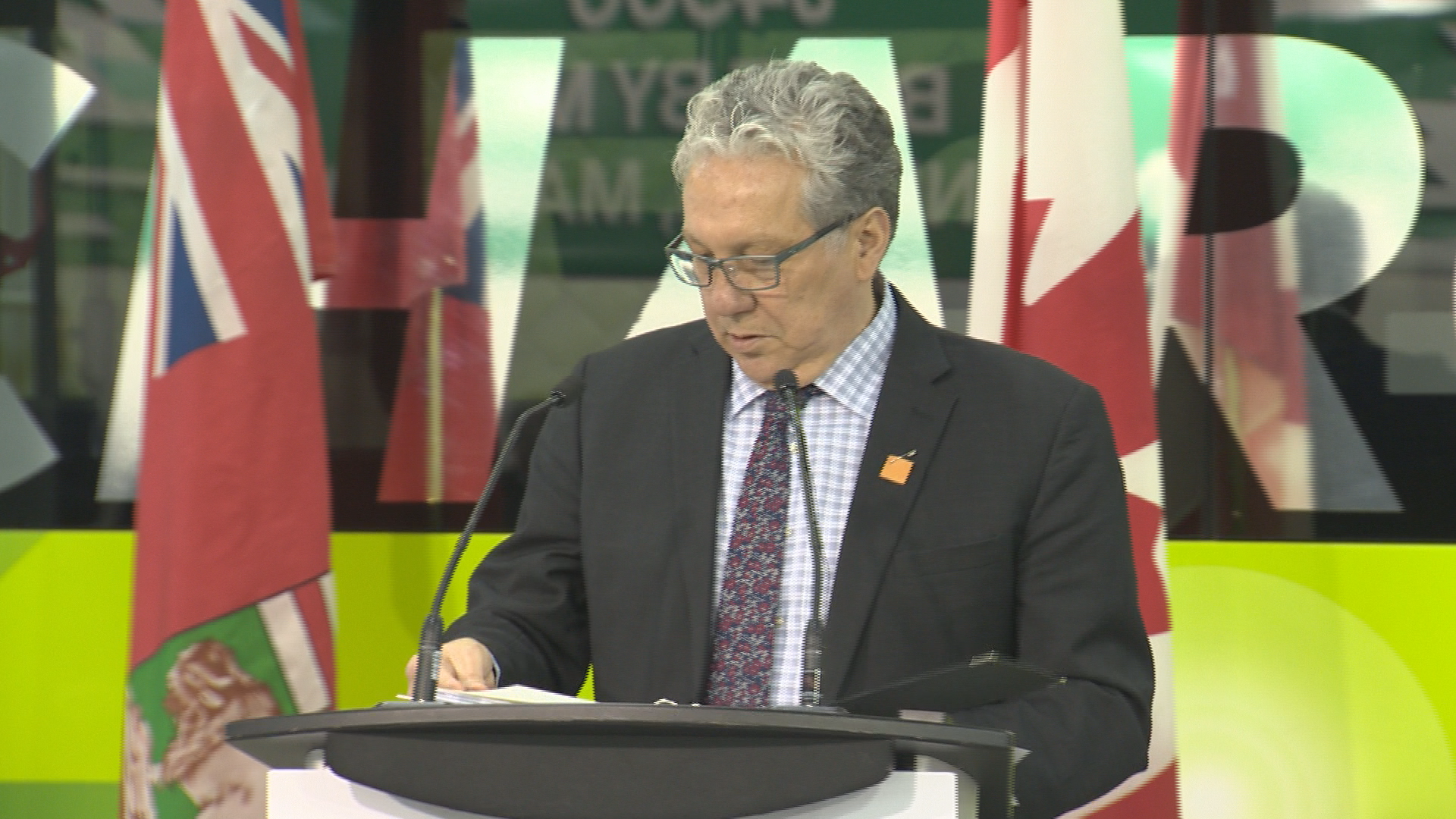A multi-million-dollar investment to fund the creation of emission-free transit buses and motor coaches in Winnipeg was announced this week.

The federal PrairiesCan minister, Dan Vandal, announced on Monday that $10 million will go towards building net zero-emission transit buses and motor coaches, with the aim of modernizing a manufacturing facility in Winnipeg owned by the NFI Group.
In a press release on Dec. 18, the minister noted that the investment will help to maintain existing jobs and add new ones to meet future demand, all the while advancing a greener economy across prairie regions.
“People living on the Prairies have a long history of cooperation and know that realizing the full value of a net zero future will be possible when partners come together with shared purpose and draw upon local assets and strengths across our region,” said Vandal, in the release. “No one government, industry, or organization can do it alone.”
He further added that the company does what it does in Canada better than it would be anywhere else in the world.

Get breaking National news
“That has to be recognized. That has to be seized upon,” he said.
Paul Soubry, president and CEO of NFI Group, said that the money has helped in “strengthening our position in the province.”
“The funds have been strategically invested alongside our own funds in continuing innovation of our zero-emissions transit bus and coach offerings and transforming production lines at our MCI (motorcoaches) facility,” said Soubry, in the release.
“This positions us extremely well for our recovery and future success as we lead the evolution to zero-emission public transportation.”
The investment comes on the heels of a new strategy called the Framework to Build a Green Prairie Economy. Tabled on Dec. 11, the framework offers an opportunity for collaborative work between local and regional organizations to “drive strategy investments in the region,” whilst ensuring clean and sustainable economic growth.
The release notes five priorities outlined in the framework:
- Growing regional sectors, including natural resources, agriculture, and manufacturing.
- The effective movement of goods, people, and information.
- An expansion and push for clean electricity.
- A community economy development.
- Economic reconciliation and inclusive growth.
An additional $100 million in funds is expected to support projects aligned with the priorities over three years.













Comments